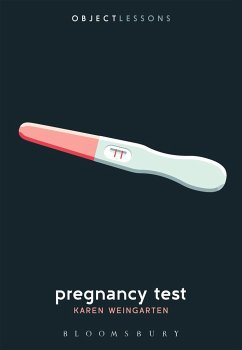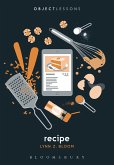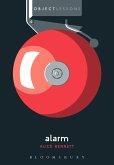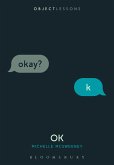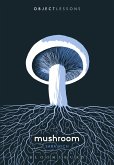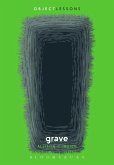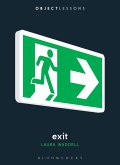Object Lessons is a series of short, beautifully designed books about the hidden lives of ordinary things. In the 1970s, the invention of the home pregnancy test changed what it means to be pregnant. For the first time, women could use a technology in the privacy of their own homes that gave them a yes or no answer. That answer had the power to change the course of their reproductive lives, and it chipped away at a paternalistic culture that gave gynecologists-the majority of whom were men-control over information about women's bodies. However, while science so often promises clear-cut answers, the reality of pregnancy is often much messier. Pregnancy Test explores how the pregnancy test has not always lived up to the fantasy that more information equals more knowledge. Karen Weingarten examines the history and cultural representation of the pregnancy test to show how this object radically changed sex and pregnancy in the late 20th and early 21st centuries. Object Lessons is published in partnership with an essay series in the The Atlantic.
Hinweis: Dieser Artikel kann nur an eine deutsche Lieferadresse ausgeliefert werden.
Hinweis: Dieser Artikel kann nur an eine deutsche Lieferadresse ausgeliefert werden.

